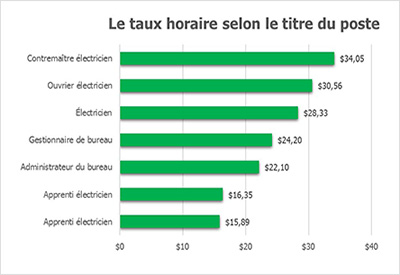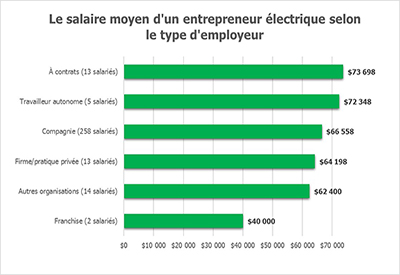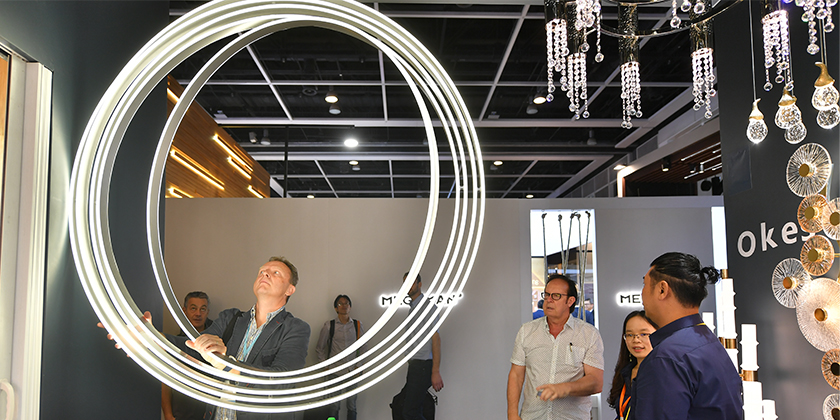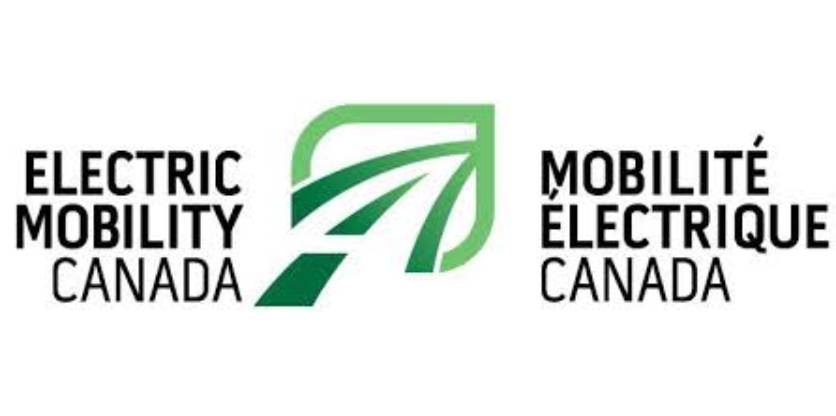L’énergie solaire et éolienne pour alimenter un système d’éclairage public
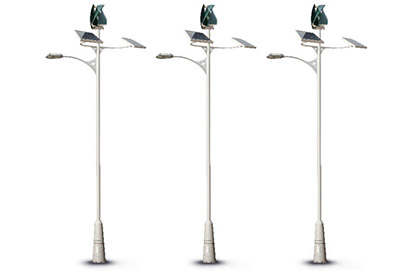
Les municipalités partout dans le monde génèrent des économies de coûts et d’énergie en convertissant leur éclairage public aux DEL. Plusieurs communautés en Espagne ont décidé de franchir une autre étape et ont installé un système d’éclairage public alimenté à l’énergie solaire et éolienne.
Conçu pour le réseau de routes interurbain, les autoroutes, les parcs et autres espaces publics, le système a établi une norme de 10 mètres de hauteur équipé d’un panneau solaire, d’une éolienne et d’une batterie. La turbine roule à une vitesse de 10 à 200 révolutions par minute avec une puissance de sortie maximale de 400 watts. Un système de contrôle gère la puissance entre le panneau solaire, l’éolienne, la batterie et la lumière. Des recherches sont effectuées pour un prototype qui roulerait à une vitesse inférieure de 10 à 60 révolutions par minute avec une puissance de sortie inférieure, de 100 W.
Partout dans le monde des villes changent leur éclairage de rue avec un éclairage DEL. Les villes de Madrid, Buenos Aires et Los Angeles enregistrent des économies importantes avec ces changements.
While municipalities around the world generate energy and costs savings by converting theirpublic lighting to LEDs, several communities in Spain have leapt ahead with the first public lighting system to run on solar and wind energy.
Designed for inter-urban roads, motorways, urban parks and other public areas, the system features a prototype standard that is 10 metres high and fitted with a solar panel, wind turbine and battery. The turbine runs at a speed of 10 to 200 revolutions per minute (rpm) and has a maximum output of 400 watts (W). An electronic control system manages the flow of energy between the solar panel, the wind turbine, the battery and the light. Work is also being done on a second prototype turbine that runs at a lower speed (10 to 60 rpm) and has a lower output (100 W).
Ramon Bargalló, a researcher with the Department of Electrical Engineering at the UniversitatPolitècnica de Catalunya’sBarcelona College of Ramon, created the lighting system in collaboration with the company Eolgreen. “It takes very little wind to produce energy,” says Bargalló. “The generator that has been developed can start working at a wind speed of only 1.7 metres per second (m/s), whereas current wind turbines need more than 2.5 m/s. This low intensity can provide six nights of electricity without wind or sun.”
To date, Eolgreen has signed agreements with the Spanish communities of Huelva (pop: 150,000),SantBoi de Llobregat (83,000) andGirona (100,000) as well as several towns in Andalusia. This year alone, the company plans to produce 700 of these streetlights.
Saving with LEDs
Cities all over the world are busy replacing existing street lighting with more efficient LEDs. Here are three notable examples:
• In December 2014, Madridannounced the world’s largest street lamp upgrading program, which will replace every single street lamp with Philips LEDs — 250,000 in total. The conversion includes luminaires on avenues, streets, historic monuments and parks. The upgrade will also include a new control system, which will allow city planners to adjust the intensity and duration of lights based on need.The city expects to save over 44% of its energy consumption after installation. These energy savings will cover the costs of the conversion.
• In October 2013, Buenos Aires announced a 3-year plan to convert most of its 125,000 street lamps to Philips LEDs. The program is expected to reduce energy consumption by 50% and reduce maintenance costs significantly. The new luminaires will last up to five times longer than conventional lighting.
• In February 2009, Los Angelesbegan a 4-year program to convert 140,000 street lamps to LEDs, anticipating a 60% energy reduction at a savings of 68,000 MWh/year and a maintenance savings of US$2.5 million/year.


